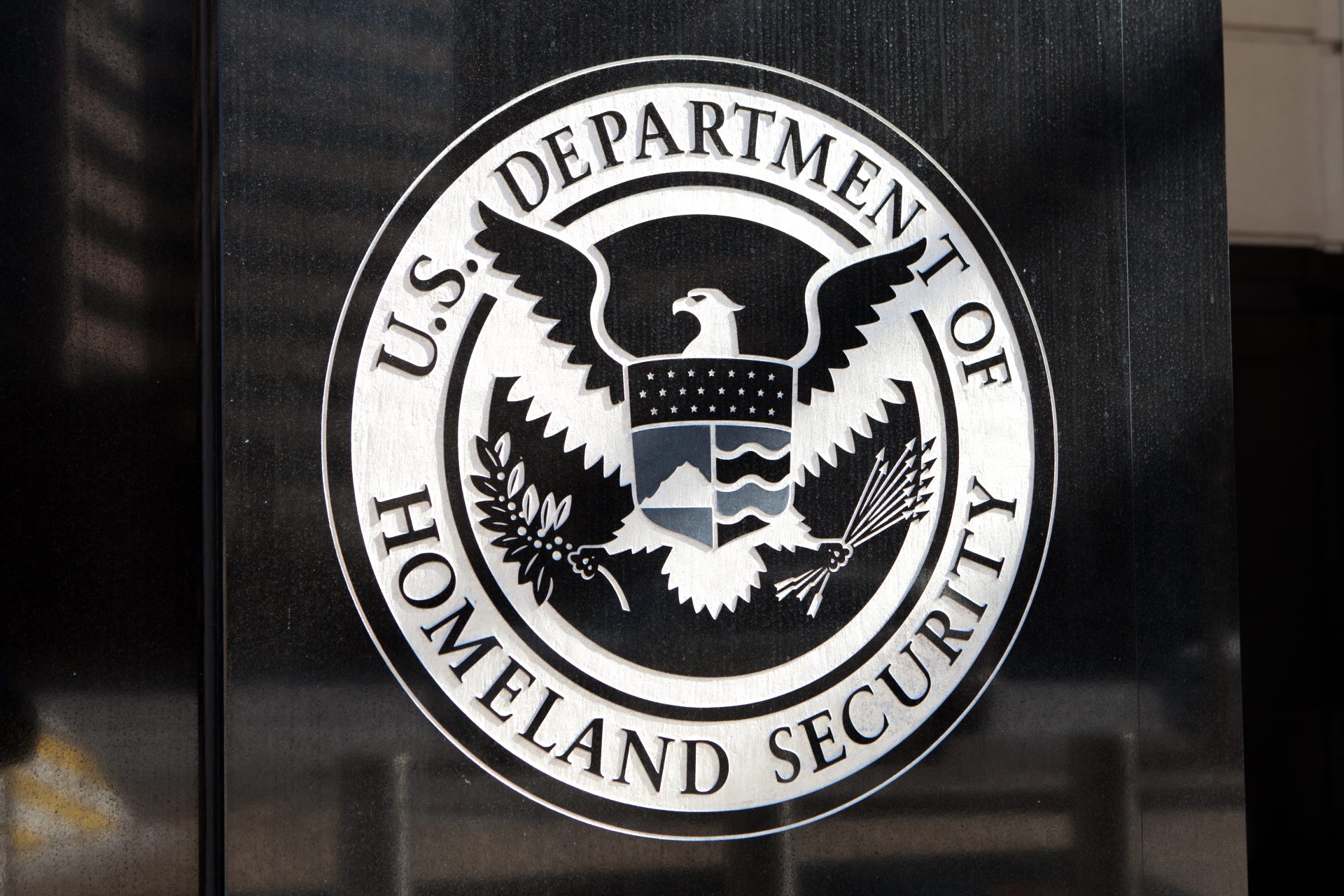
Childhood Classic Turned DEPORTATION PROP!
The DHS repurposed the iconic E.T. movie scene into a stark self-deportation campaign that risks deepening fear and confusion among migrants.
At a Glance
• The Department of Homeland Security posted an edited version of E.T.’s famous moonlit bike scene on its official social media urging migrants to “phone home.”
• The campaign promotes the CBP Home App, designed for voluntary self-deportation with travel aid and a stipend offer.
• Reports reveal migrants face administrative obstacles, including missing passports and consular unavailability.
• Investigations by Latin Times and Telemundo document cases of migrants denied departure due to incomplete paperwork.
• DHS claims “tens of thousands” have used the self-deportation app since its launch.
Childhood Memories Turned Message
The DHS’s recent campaign takes the nostalgic silhouette of E.T. and Elliott flying across the moon and overlays it with a sharp directive: use the CBP Home App to “take control” of departure. This strategy leverages childhood familiarity to push a political message, framing voluntary deportation as simple and reassuring. The social media post bluntly commands, “Illegal aliens, take a page from E.T. and PHONE HOME.” Critics argue this repurposing of a beloved scene transforms a symbol of wonder into a chilling enforcement tool, risking emotional manipulation of vulnerable communities.
Realities Behind the Campaign
Despite the campaign’s polished image, migrants report real challenges with the self-deportation process. Nicaraguan migrant Jairo Sequeira attempted to use the app but was stopped at the airport because his passport was withheld by authorities. Similarly, Titza Escobar, fleeing gender-based violence in Nicaragua, was denied boarding due to missing documentation. Venezuelan migrants face additional complications because their country has no consular presence in the U.S. These documented cases highlight gaps between the campaign’s promises and migrants’ lived experiences. A DHS spokesperson confirmed the app has processed tens of thousands of cases but acknowledged administrative hurdles remain a concern.
Controversy and Consequences
This campaign marks one of DHS’s most visible uses of pop culture to frame migration policy. Supporters argue it offers a streamlined, cost-effective alternative to enforcement, while opponents condemn it as trivializing the complex realities migrants face. The use of an emotionally charged childhood image has ignited debate over whether this outreach is clever messaging or exploitative propaganda. By turning a beloved movie moment into a policy statement, DHS risks alienating the very communities it targets and deepening mistrust amid an already fraught immigration climate.